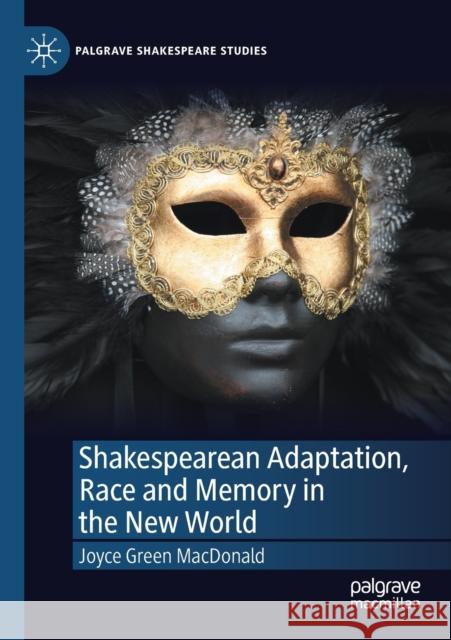Shakespearean Adaptation, Race and Memory in the New World » książka
topmenu
Shakespearean Adaptation, Race and Memory in the New World
ISBN-13: 9783030506827 / Angielski / Miękka / 2021 / 179 str.
Shakespearean Adaptation, Race and Memory in the New World
ISBN-13: 9783030506827 / Angielski / Miękka / 2021 / 179 str.
cena 261,63
(netto: 249,17 VAT: 5%)
Najniższa cena z 30 dni: 250,57
(netto: 249,17 VAT: 5%)
Najniższa cena z 30 dni: 250,57
Termin realizacji zamówienia:
ok. 16-18 dni roboczych.
ok. 16-18 dni roboczych.
Darmowa dostawa!
Kategorie:
Kategorie BISAC:
Wydawca:
Palgrave MacMillan
Seria wydawnicza:
Język:
Angielski
ISBN-13:
9783030506827
Rok wydania:
2021
Wydanie:
2020
Numer serii:
000274683
Ilość stron:
179
Waga:
0.26 kg
Wymiary:
21.01 x 14.81 x 1.12
Oprawa:
Miękka
Wolumenów:
01
Dodatkowe informacje:
Wydanie ilustrowane











